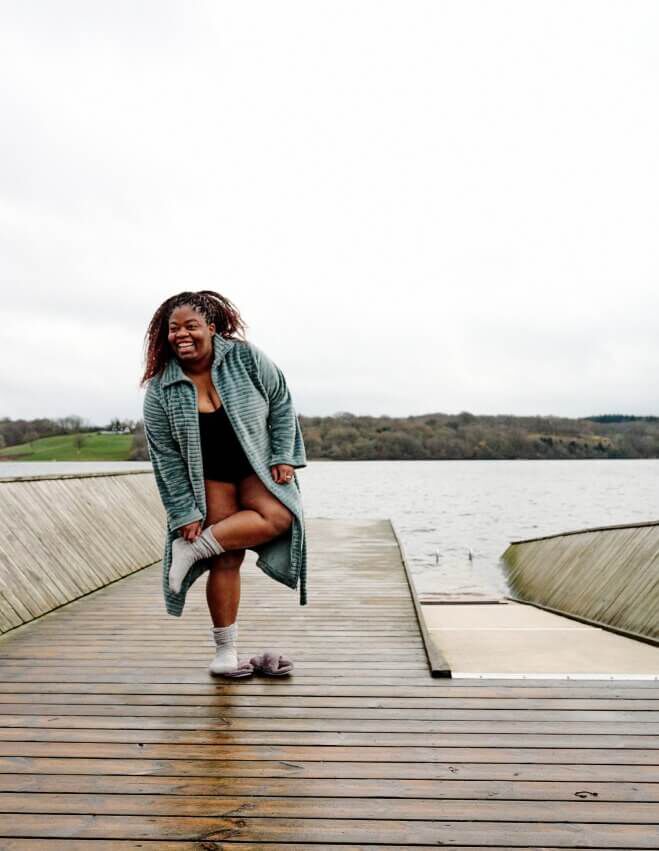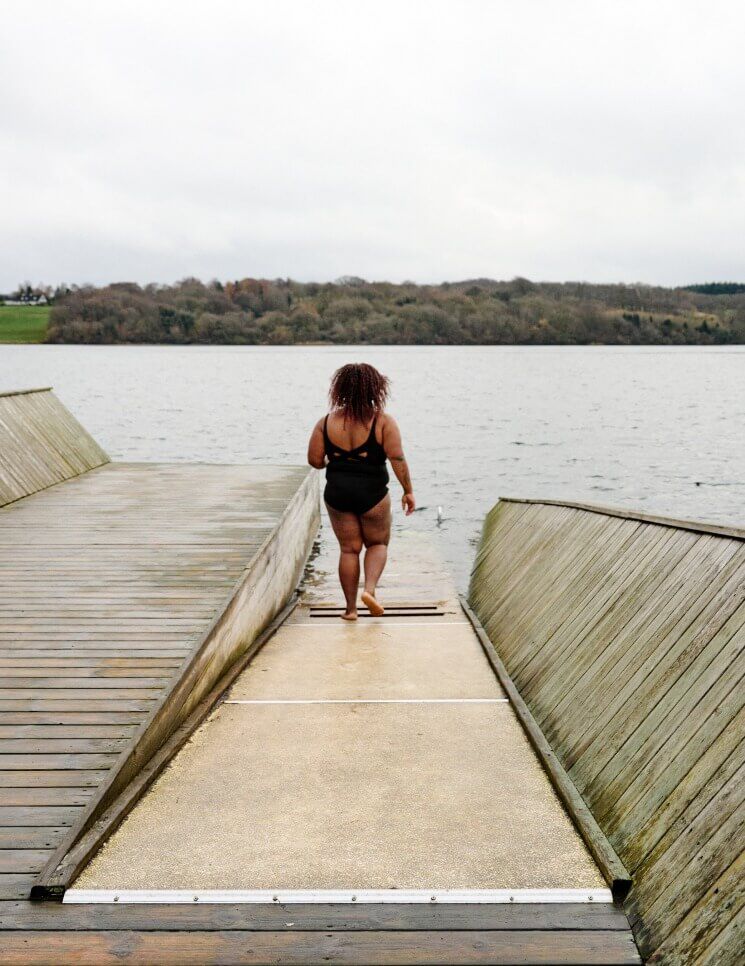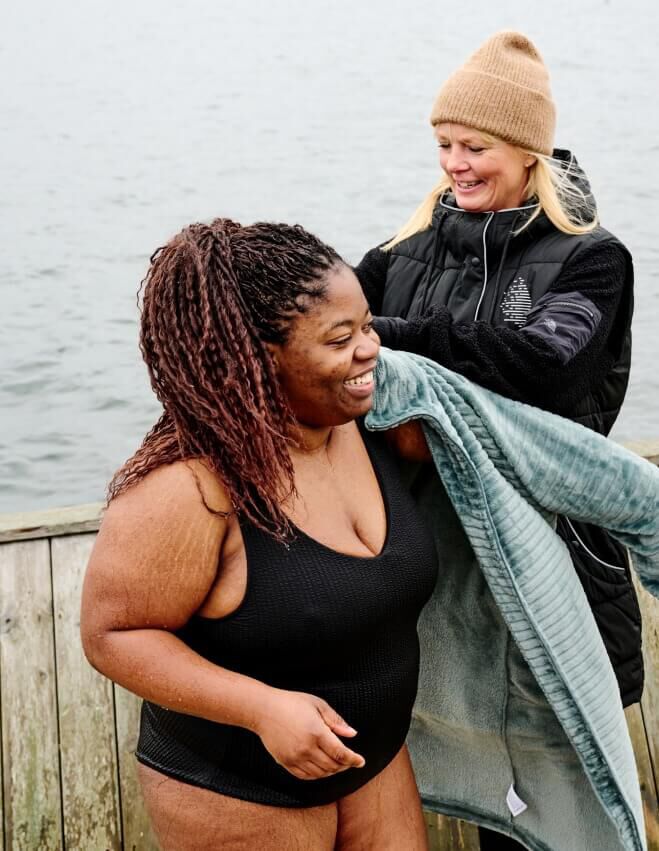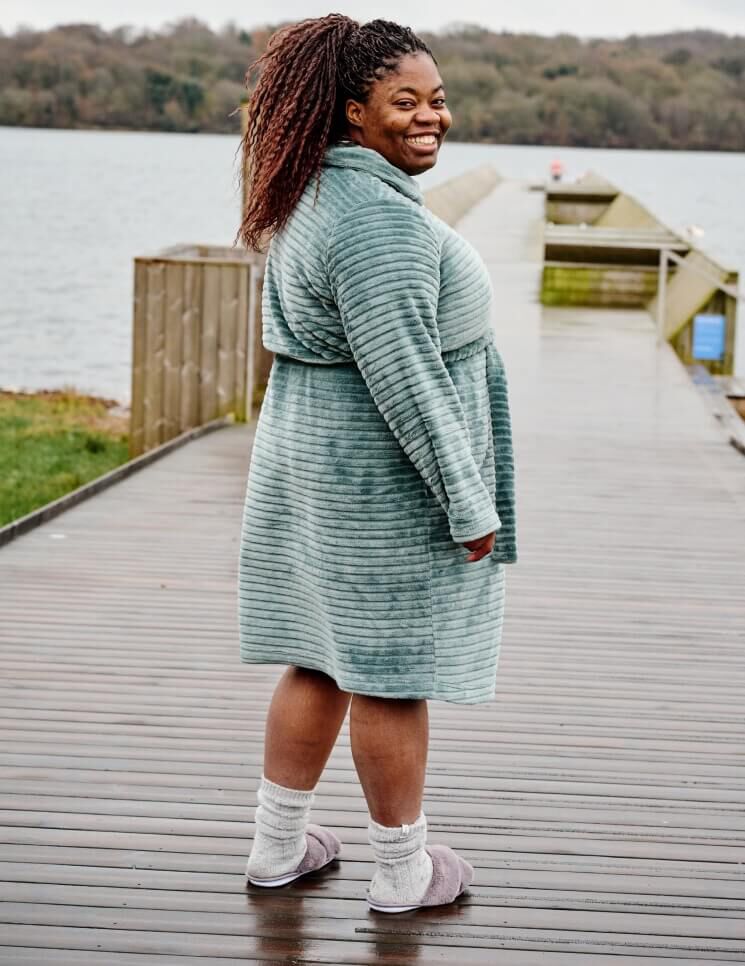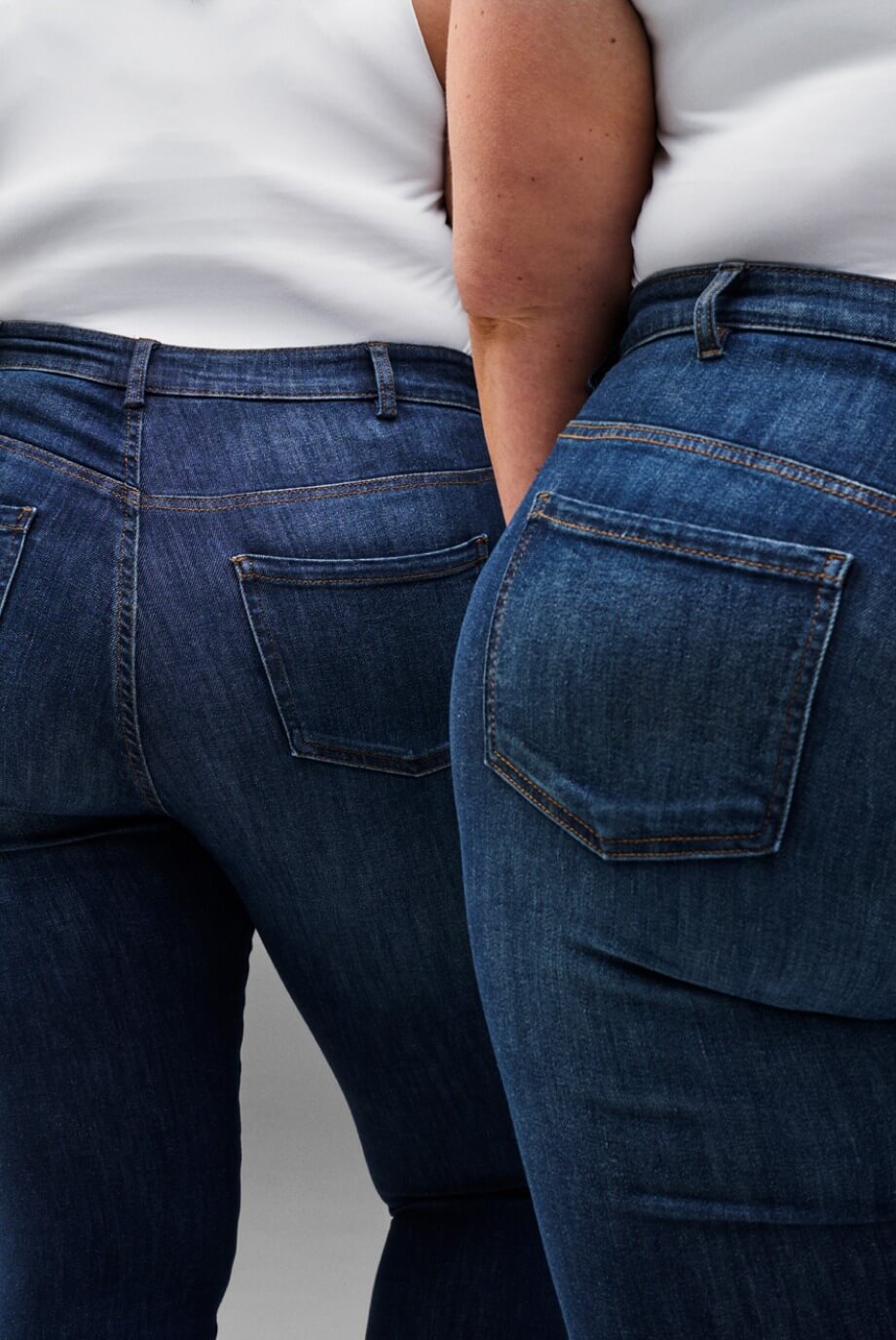
Winter Swimming: How to Get Started
The Benefits of Winter Swimming and How to Begin
Have you ever wondered whether winter swimming is for you? Maybe you've dismissed the idea, thinking it's too extreme. Before you make up your mind, let’s explore the many benefits of winter bathing and how to get started safely. From boosting your health to improving your mood, winter swimming offers a unique and invigorating experience.
Why Is Winter Swimming Good for You?
Taking a dip in icy water may seem daunting, but research shows that winter swimming has numerous health benefits. Many winter swimmers report fewer sick days and an overall boost in well-being. While it’s difficult to determine whether the healthiest people take up winter swimming or whether the activity itself makes them healthier, there are clear advantages to taking the plunge.
What Does Winter Swimming Do to Your Body?
When you immerse yourself in cold water, your body reacts by activating the immune system. This response increases adrenaline levels, helping to strengthen your body against infections. Studies also suggest that winter bathing can reduce the risk of type 2 diabetes and promote better cardiovascular health. These are just a few compelling reasons to become a winter swimmer.
The Mental Benefits of Winter Swimming
Beyond the physical perks, winter swimming has a positive effect on mental well-being. The body releases endorphins when exposed to cold water, which can lift your mood and reduce stress. Many winter swimmers describe the experience as exhilarating, giving them a lasting sense of well-being.
In today’s fast-paced world, where we are constantly connected, stepping into nature and focusing on the present moment can feel like a form of therapy. Personal trainer Pia Fosnæs describes winter swimming as an opportunity to reset: "All senses awaken, bringing a deep sense of calm and presence." This mental clarity is one of the reasons so many people return to the water year after year.
Winter swimming gives good energy and an unbeatable sense of well-being.
How to Get Started with Winter Swimming
If you’re considering taking up winter swimming, the best time to start is in late summer or early autumn. This allows your body to gradually adapt to cooler temperatures before the coldest months arrive. However, you can start at any time with the right precautions.
Winter Swimming for Beginners
If you’re new to winter bathing, joining a swimming club can be a great way to ease into the experience. A club provides guidance, safety, and a sense of community. As a beginner, it’s normal to find the cold challenging, but the key is to get into the water quickly rather than hesitating at the edge.
How Long Should You Stay in Cold Water?
During your first few swims, limit your time in the water to 5–10 seconds. Over time, you can gradually increase your duration. Most experienced winter swimmers stay in for up to 40 seconds, but even a brief dip is enough to feel the benefits.
What to Wear for Winter Swimming
While winter swimming doesn’t require a lot of gear, having the right clothing can make the experience more comfortable. Here are some essential winter swimming clothes to consider:
- Swimwear: A standard swimsuit is all you need to start.
- Bathing Shoes: These help insulate your feet from the cold and prevent slipping.
- Hat or Headband: Wearing a hat can help reduce heat loss from your head.
- Gloves: Some swimmers wear neoprene gloves to keep their hands warm.
- What to Wear After Swimming in Winter: Once out of the water, quickly change into warm, dry clothes. A bathrobe is a convenient option, as it allows you to warm up immediately while keeping essentials in the pockets.
10 Essential Tips for Winter Swimming
To ensure a safe and enjoyable experience, follow these guidelines:
- Never swim alone. Cold water can cause sudden physical reactions, so always have someone with you.
- Only go as far as your belly button. There’s no need to submerge your entire body to reap the benefits.
- Swim only in designated areas. This ensures safety and access to emergency help if needed.
- Check with your doctor. If you have any health concerns, get medical advice before starting.
- Walk carefully. Piers and steps can be extremely slippery.
- Never jump in headfirst. Enter the water gradually to prevent cold shock.
- Warm up before your swim. Light exercises help prepare your body for the temperature change.
- Control your breathing. Deep belly breathing reduces the risk of temporary breathlessness.
- Avoid alcohol or drugs before swimming. These substances can impair judgment and increase the risk of hypothermia.
- Dress warmly after your swim. A hot drink and layers of dry clothing help restore body temperature.
Can You Swim in Winter Clothes?
While winter swimming clothes are designed for comfort, some people wonder if they can swim in winter clothing. The answer depends on the fabric—swimming in heavy materials like cotton can be dangerous due to water absorption, whereas neoprene or thermal swimwear can offer warmth and buoyancy.
Is Winter Swimming Safe During Pregnancy?
Pregnant women should exercise caution when considering winter bathing. While no studies suggest direct harm, the sudden cold shock may be uncomfortable. Always consult a healthcare provider before participating.
Final Thoughts
Winter swimming is an invigorating way to boost both physical and mental well-being. Whether you’re looking for a new challenge, improved circulation, or a mood boost, the benefits of winter bathing are undeniable. With the right approach, proper winter swimming clothes, and a few safety precautions, you can make cold-water swimming a rewarding part of your routine.
Are you ready to take the plunge? Learn more about swimwear and winter accessories at Swim by Zizzi and start your winter swimming journey today!

